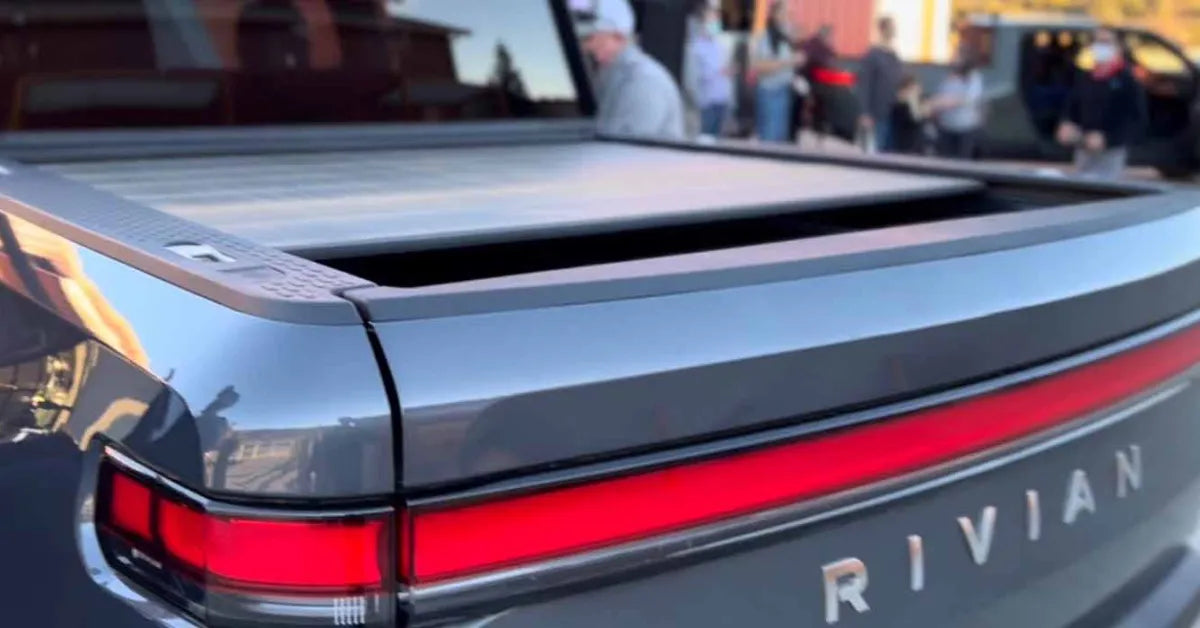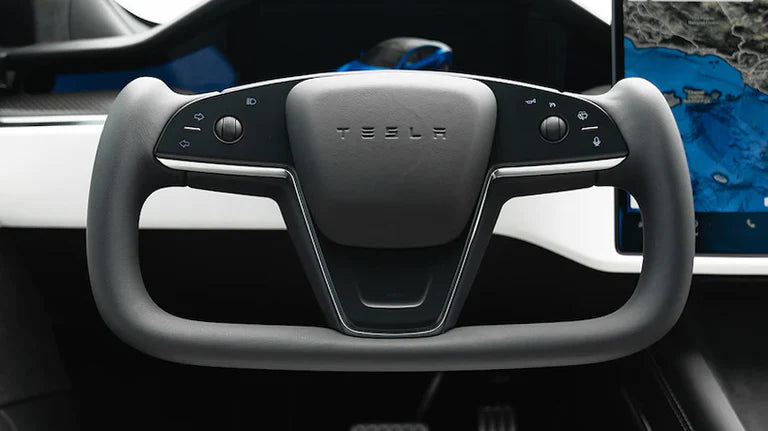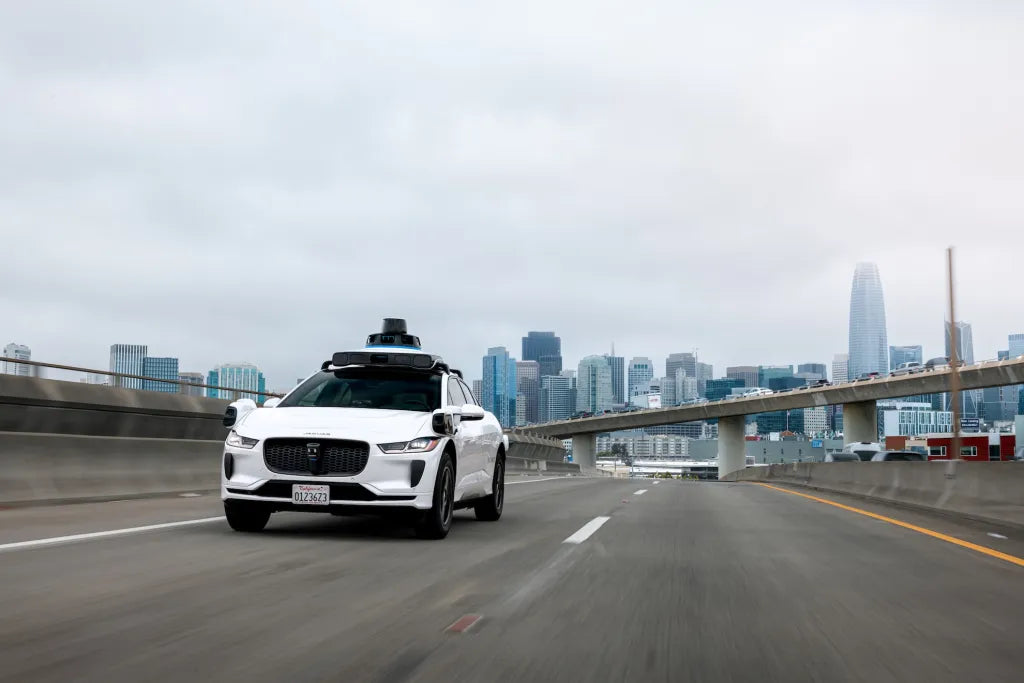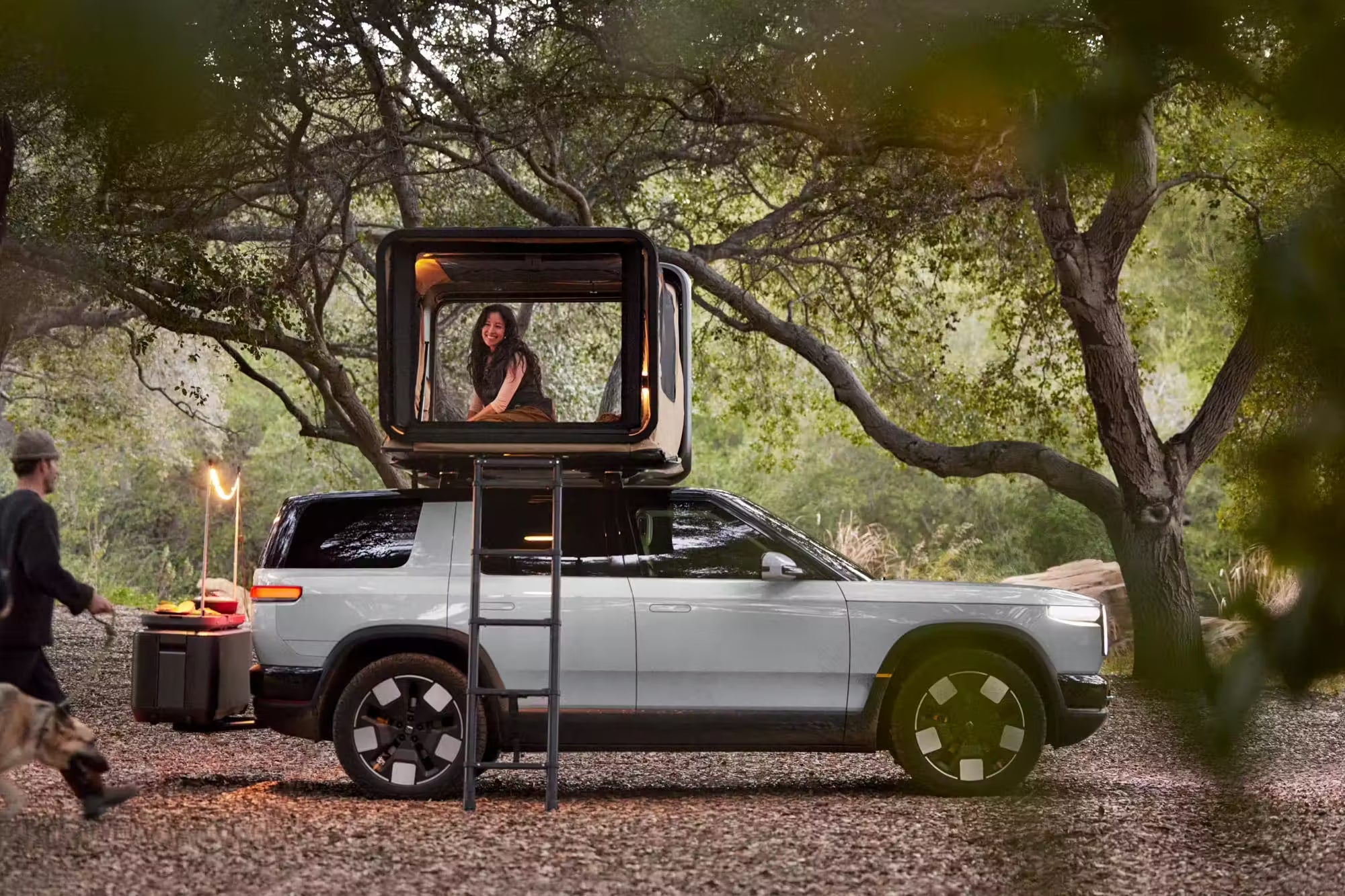A Long-Awaited Fix for Owners
Rivian R1T drivers have been waiting years for a bed cover that actually works. Now, the California EV startup has finally delivered a third-generation powered tonneau cover, available through Rivian’s online Gear Shop.
Priced at $3,300 including installation, the new cover promises smoother operation, water resistance, and near-silent performance—addressing problems that plagued the first two designs.

The Problem With Previous Versions
The first powered tonneau, released in 2022, was a disappointment. Early adopters like YouTuber Zack Nelson (JerryRigEverything) reported failures in less than 1,500 miles. Covers jammed, made excessive noise, and often stopped working altogether.
Rivian quickly halted production, promising a fix. By late 2023, a second-generation model emerged, featuring stronger springs, upgraded panels, and reinforced gears. However, many owners said it still sounded just as bad and questioned whether Rivian had truly solved the problem.
When complaints continued, Rivian pulled the cover from production once again—leaving owners frustrated and skeptical.
What’s New This Time?
The third-generation powered tonneau cover represents Rivian’s most ambitious redesign yet. According to the company, the latest version is:
-
Water-resistant, protecting the R1T’s cargo bed from rain and debris
-
Virtually noise-free, addressing one of the loudest complaints from earlier covers
-
Smooth and fast to operate, opening in seconds with the push of a button
Unlike the original designs, which used eight bulky slats, the new cover employs 36 smaller roll-up slats. This shift in design aims to reduce mechanical stress and improve durability.
Compatibility Concerns
Not all R1Ts can accept the new powered tonneau cover. Rivian notes that trucks originally delivered with manual covers or no powered cover at all may face compatibility issues due to wiring harness limitations.
For those who are eligible, the $3,300 package includes the full aluminum assembly, mounting hardware, replacement trims, and professional installation at a Rivian Service Center by appointment.
Why This Matters for Rivian
Rivian’s adventure-focused R1T has won praise for its performance and off-road capability, but details like the failed tonneau cover have hurt its reputation. Delivering a reliable and well-engineered bed cover is a small but important step in building customer trust.
With growing competition from Ford’s F-150 Lightning, Chevrolet’s Silverado EV, and Tesla’s Cybertruck, Rivian can’t afford repeated missteps. A functional tonneau cover may not sound like a game-changer, but for truck buyers who rely on storage and utility, it’s a critical piece of the puzzle.

Looking Ahead
Rivian is betting that this new powered tonneau cover will finally put an end to customer frustrations. If it delivers as promised—quiet, durable, and weather-resistant—it could restore confidence in Rivian’s attention to detail.
For R1T owners, the hope is simple: third time’s the charm.
Recommend Reading: Rivian Rolls Out Smart Charging to Lower Home Charging Costs








Share:
Tesla Model Y May Gain Up to 90 Miles of Extra Range With Panasonic’s Next-Gen Batteries
Polestar 4’s Missing Rear Window Wins Over Buyers Despite Early Doubts